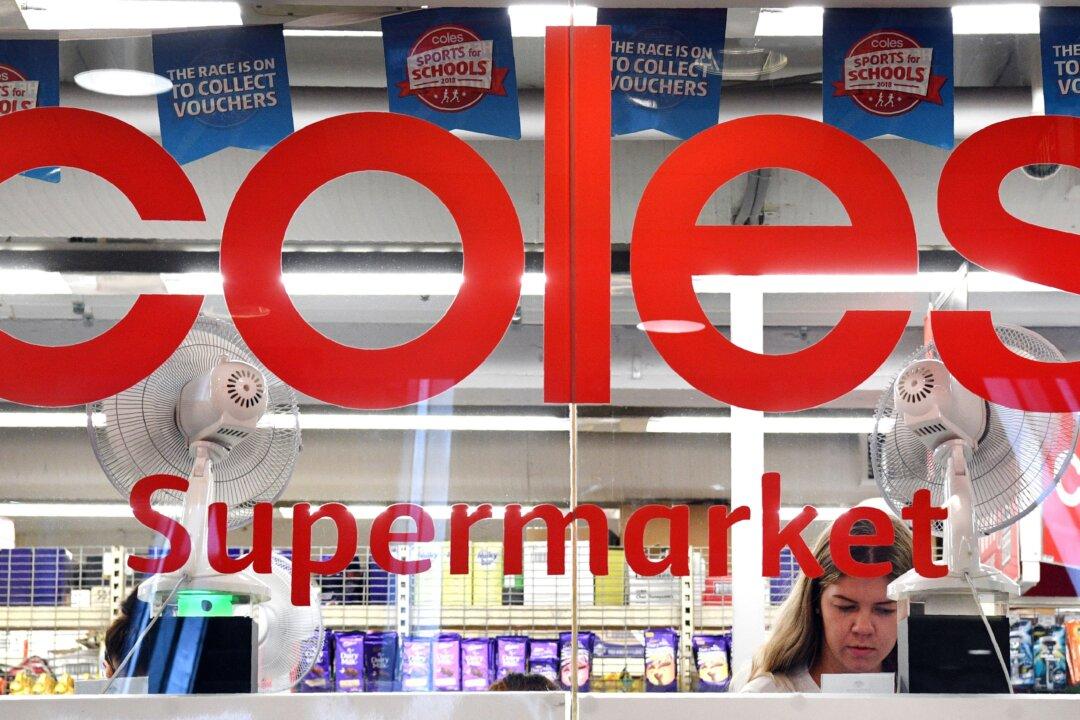Australian supermarket Coles has admitted that the spread of Omicron, combined with COVID-19 isolation rules, has impacted its supply chains once again.
Matthew Swindells, chief operations officer of Coles, said it was experiencing “round three” of supply chain disruption during the ongoing pandemic.





